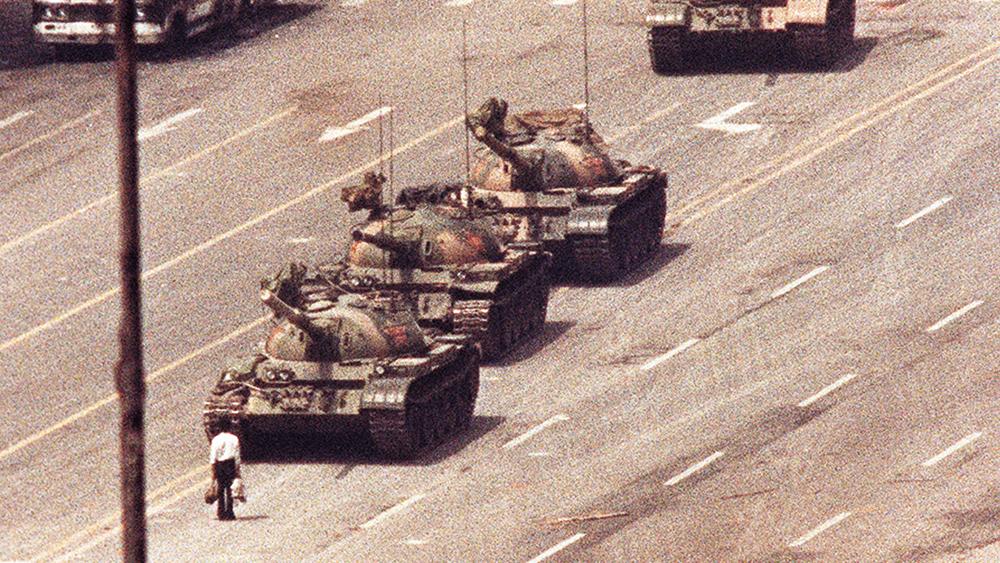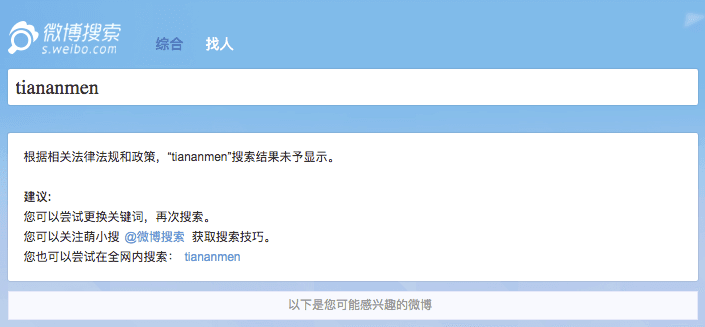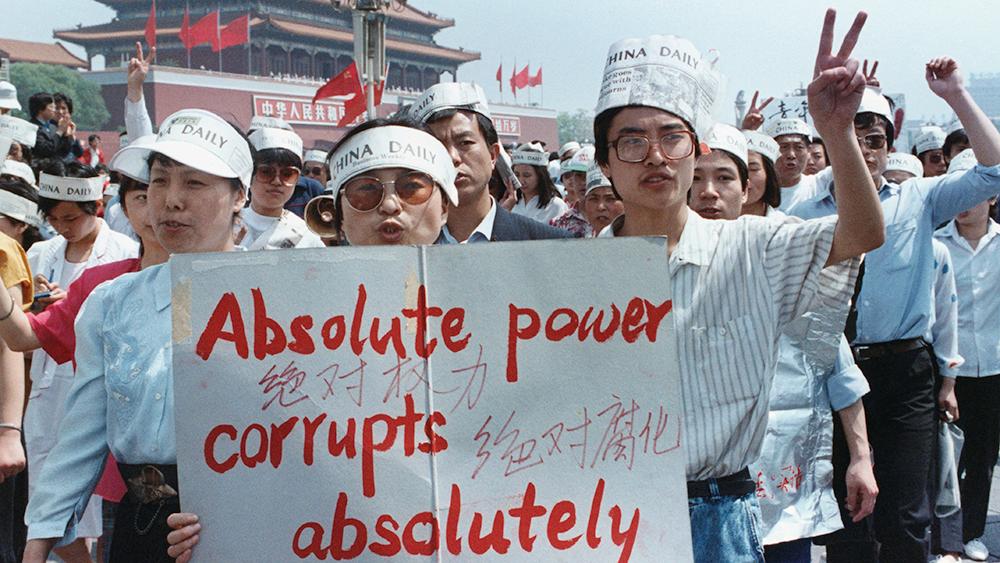How China has censored words relating to the Tiananmen Square anniversary
A group of journalists supports the pro-democracy protest in Tiananmen Square, Beijing May 17, 1989.
The beginning of every June is one of the busiest times for Chinese censors. That's when the world — except China — commemorates the anniversary of the 1989 Tiananmen Square massacre in Beijing.
Internet censorship is tightened during this time of each year not only to prohibit discussion of the brutal crackdown on the pro-democracy protest that happened 27 years ago, but to erase the incident from Chinese history, especially among younger generations.
The impact of such suppression is staggering. Only 15 out of 100 Beijing University students could recognize the “Tank Man” photo, which is the global symbol of the bloody crackdown, according to journalist Louisa Lim in her book “The People's Republic of Amnesia: Tiananmen Revisited.”

Internet censorship in China is enforced by both the government and technology companies and implemented by both machines and human censors. This highly restrictive environment has forced Chinese web users to replace censored words with alternative phrases, ranging from phonetic and semantic variations, synonyms, misspellings of words to nicknames and satire, to communicate their messages. When censors detect them, new alternatives are created, and the cycle goes on.
Several organizations have been monitoring the censorship on Weibo, the leading Chinese microblogging platform with over 600 million users. One of them is China Digital Times, a news website founded by Xiao Qiang, adjunct professor at the University of California, Berkeley. When a word or phrase is blocked on Weibo, users who search for it get only a message that reads, “According to the relevant laws and regulations, search results for [this phrase] cannot be displayed.”

According to China Digital Times, there are instances when Beijing does not censor the sensitive words completely but filters the search results. For example, a search for the phrase "June 4th," the day when the military crackdown on the Tiananmen Square protest happened in 1989, returned innocuous posts about wedding anniversaries and birthdays.
In conjunction with the 27th anniversary of the massacre, the website has compiled a list of 262 Tiananmen-related phrases censored on Weibo since 2011. The list provides an insight into the tug-of-war between the authorities and Chinese netizens. However, the list is not exhaustive as China Digital Times relies on trial-and-error and crowdsourcing to detect blocked search terms.
We have picked several phrases to illustrate how online censorship works in China. The phrases are presented in the interactive cards below. Flip each card to find out the reasons they were banned. The full list is in the table at the bottom.
